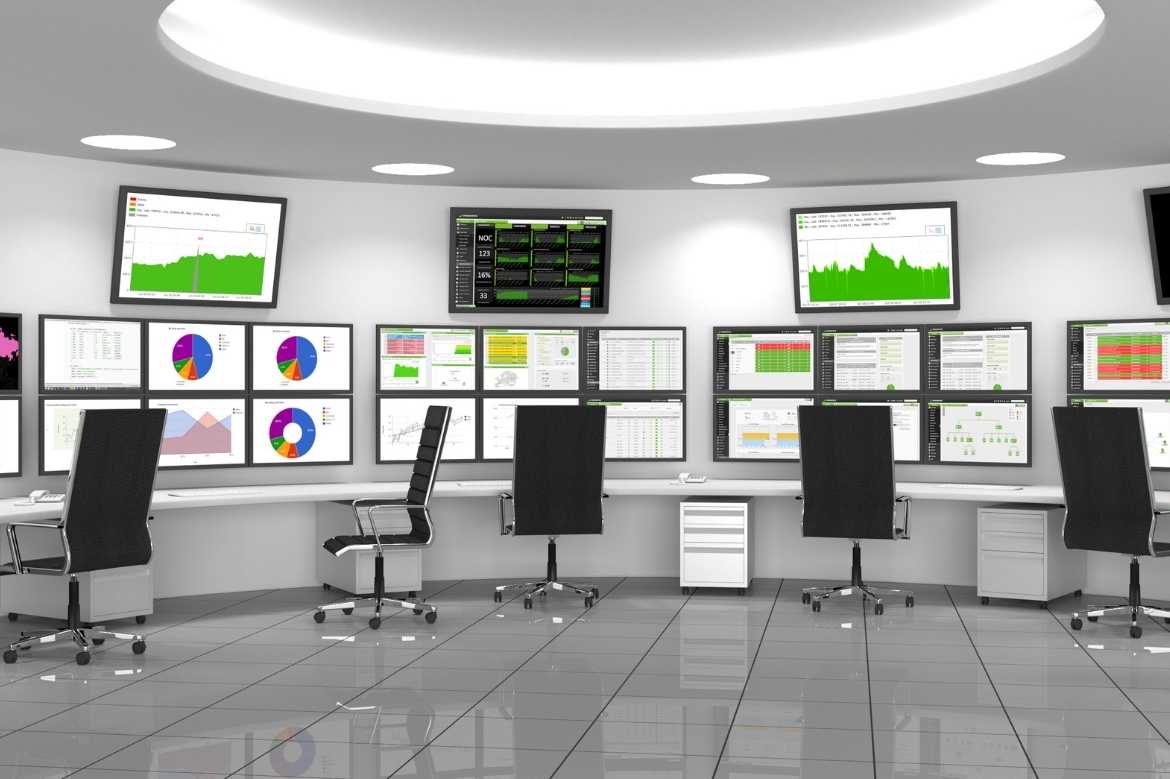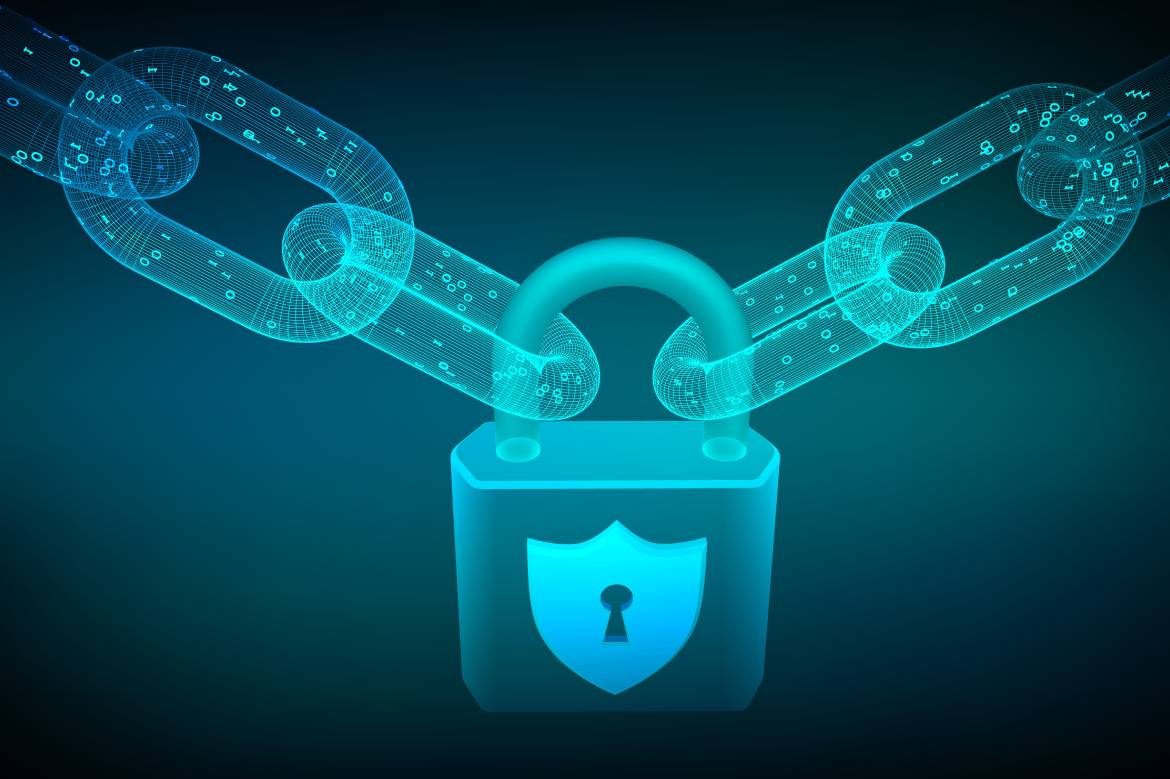The centralized department responsible for securing valuable company data and digital infrastructure within any organization is known as a Security Operation Center (SOC). The primary function of any SOC is to continually monitor and secure confidential materials, closed networks, and various endpoints by preventing, detecting, analyzing, and reacting to cybersecurity incidents as they occur.
The SOC acts as a company’s security command center, a hub from which specialized security personnel maintains total visibility in various networks, IoT devices, endpoints such as PCs and laptops, appliances, information stores, mobile devices, and more.
As advanced and sophisticated cybersecurity threats continue to rise drastically, companies have responded by prioritizing the collection of information context from diverse sources throughout their organizations.
The SOC represents the point at which every potential security event is logged and monitored for further investigation. All network irregularities and threats are ranked according to their importance and investigated accordingly. While other aspects of an enterprise focus on security architecture and strategy, policy development, and risk assessment, a SOC is wholly responsible for implementing these initiatives.
In addition, any well-functioning security operations center framework successfully integrates threat hunting and analysis platforms to hasten reaction times to potential cybersecurity threats.
Optimizing The SOC Security Framework
While threat hunting and investigation account for the dominant tasks of every SOC security team, the chief information security officer (CISCO) maintains full responsibility for managing the company’s risk and compliance duties. A well-optimized SOC reflects the insights and proactive behaviors of its CISCO.
A competent CISCO should possess the ability to bridge operational and data silos from the executive departments to the SOC for more efficient reaction times and better mitigation and resolution procedures.
By enhancing the productivity of the SOC through integration and automation, labor costs are cut considerably. At the same time, the information security stance of the organization strengthens. Therefore, to sustain a well-optimized security SOC, the security framework must integrate security strategies and threat analysis seamlessly into everyday operations.
Automation tools, for instance, can improve SOC security productivity and consistency by combining valuable data under a single dashboard where risk managers can assess evolving events and activities in real-time.
When companies converge their threat management systems with related security systems like those associated with risk and regulatory compliance, security operations centers better position themselves when managing overall risk. For example, automated security configuration bolsters SOCs by giving risk managers, and security teams expanded visibility across multiple systems and domains.
This level of transparency increases accuracy and consistency while reducing workloads on increasingly saddled IT and Information security departments. Moreover, automation eliminates sluggish manual procedures such as data sharing and reporting, letting security teams focus on the core task of protecting the organization from cybersecurity threats.
While threat hunting and investigation account for the dominant tasks of every SOC security team, the chief information security officer (CISCO) maintains full responsibility for managing the company’s risk and compliance duties. A well-optimized SOC reflects the insights and proactive behaviors of its CISCO.
A competent CISCO should possess the ability to bridge operational and data silos from the executive departments to the SOC for more efficient reaction times and better mitigation and resolution procedures.
By enhancing the productivity of the SOC through integration and automation, labor costs are cut considerably. At the same time, the information security stance of the organization strengthens. Therefore, to sustain a well-optimized security SOC, the security framework must integrate security strategies and threat analysis seamlessly into everyday operations.
Automation tools, for instance, can improve SOC security productivity and consistency by combining valuable data under a single dashboard where risk managers can assess evolving events and activities in real-time.
When companies converge their threat management systems with related security systems like those associated with risk and regulatory compliance, security operations centers better position themselves when managing overall risk. For example, automated security configuration bolsters SOCs by giving risk managers, and security teams expanded visibility across multiple systems and domains.
This level of transparency increases accuracy and consistency while reducing workloads on increasingly saddled IT and Information security departments. Moreover, automation eliminates sluggish manual procedures such as data sharing and reporting, letting security teams focus on the core task of protecting the organization from cybersecurity threats.
Evaluating A Security Operations Center
Every organization has its unique set of security priorities. The best way to approach the security framework optimization of any organization is through a comprehensive assessment. This analysis must address any fundamental security gaps and the current risk posture of the company. Connectwise can handle all your cyber security needs at the click of a button.
Also Read: 5 Tips For Data Security With Augmented Reality Solutions




